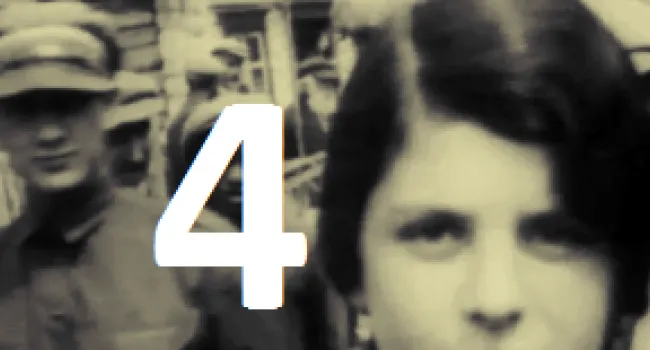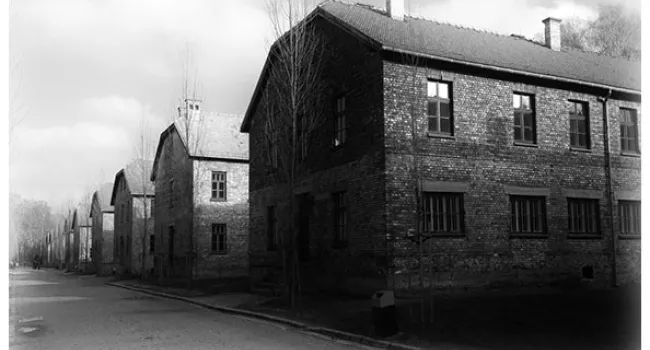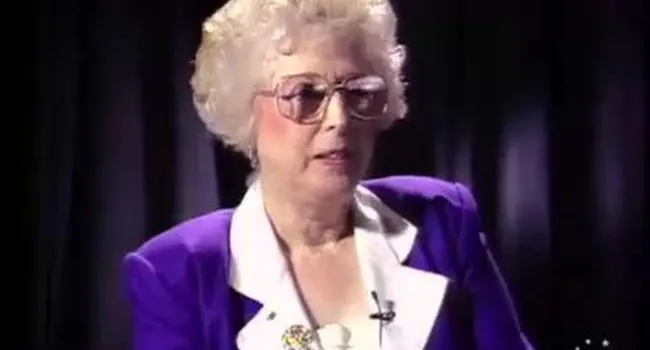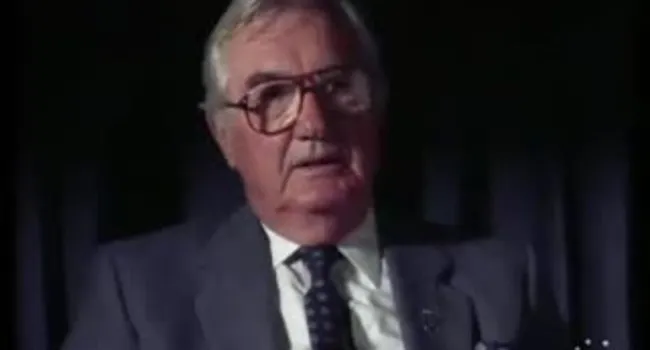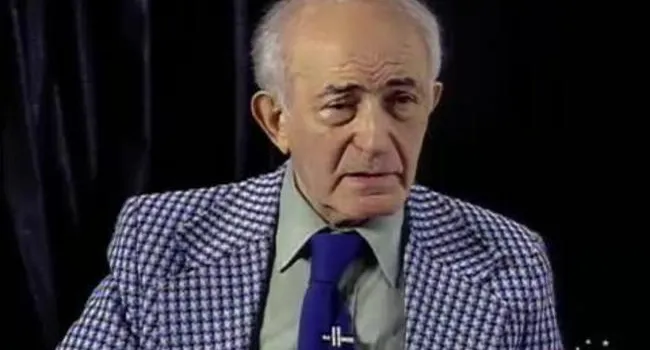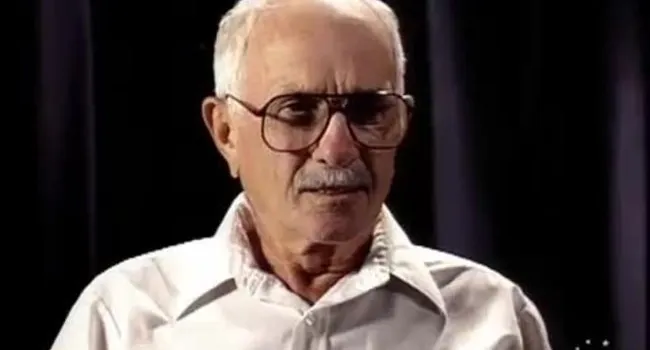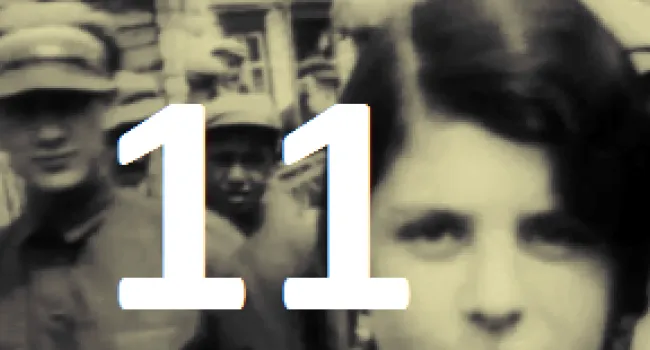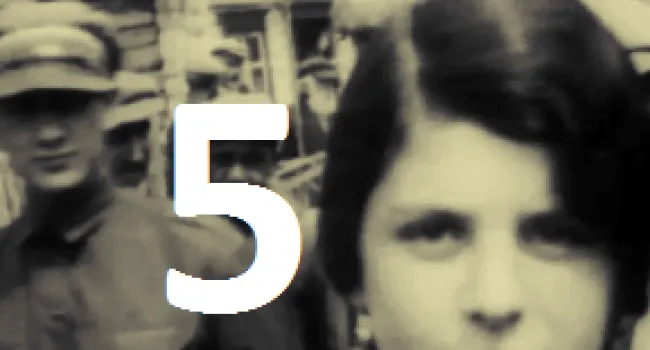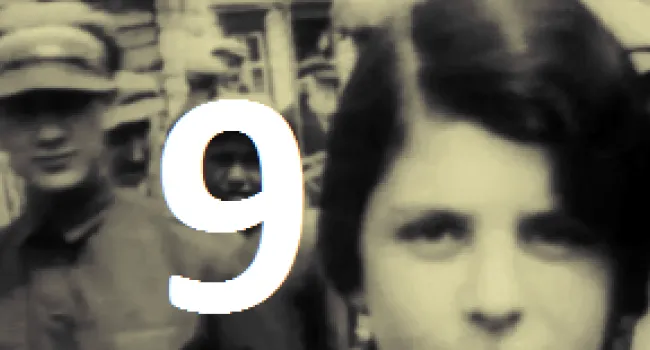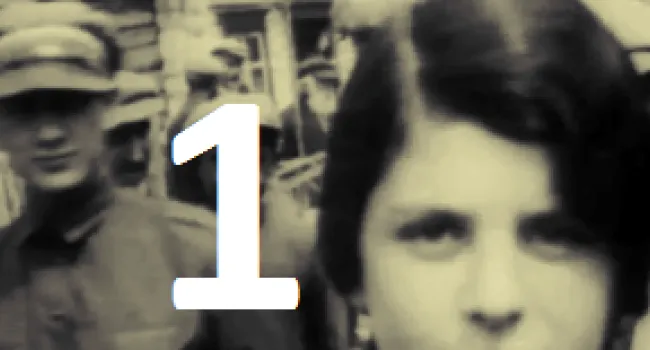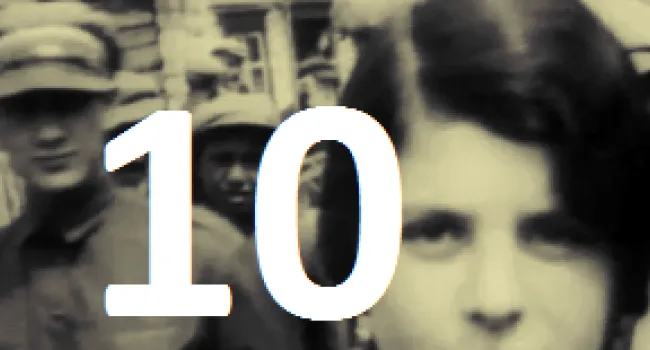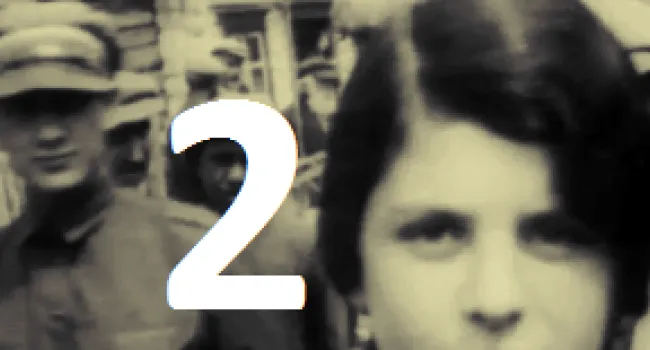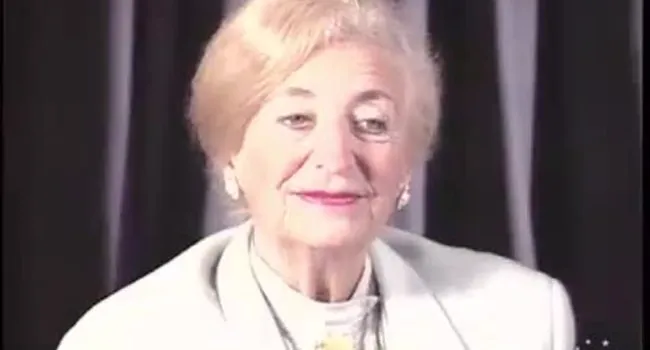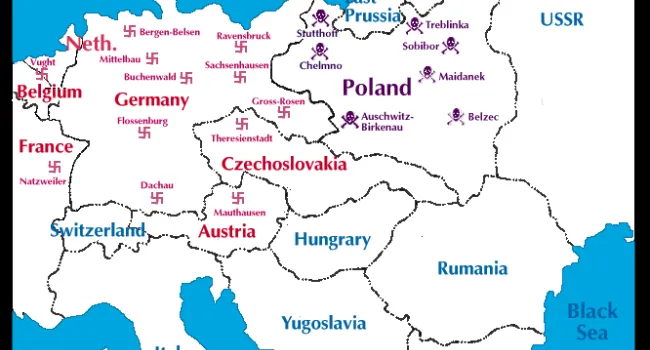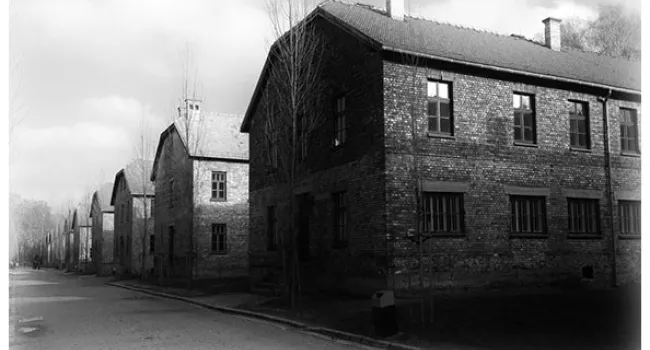Living in constant fear, the Diamantstein family fled from place to place—to a large Jewish community in Frankfurt; to the apartment of friends in Milan, Italy; to Como, Italy, escaping barefoot in the snow to the other side of the Swiss Alps. Trying to dodge German patrols, they still wound up in a German work camp. When the war ended, they eventually moved to South Carolina where Leo Diamantstein is an interpreter and teaches classes at Furman University. He says, "This happened there; it can happen anywhere; we want to make sure it never happens here. Stand up for your human rights. You have no idea what people might be in power or what they might do. Know your rights and remember them."
Standards
- 5.3 Demonstrate an understanding of the economic, political, and social effects of World War II, the Holocaust, and their aftermath (i.e., 1930–1950) on the United States and South Carolina.
- 6.5.CE Explain the impact of nationalism on global conflicts and genocides in the 20th and 21st centuries.
- 8.5.CO Compare South Carolina and U.S. wartime contributions and demobilization after World War II.
- This indicator is intended to encourage inquiry into the significant causes of World War I and the impacts of the Treaty of Versailles, including its failure to prevent future global conflicts.

